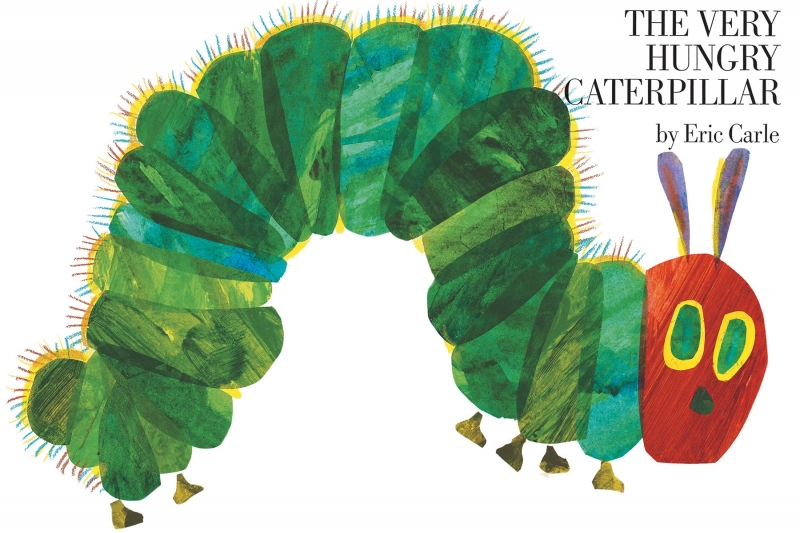Transforming hungry caterpillars into beautiful butterflies

The very hungry caterpillar, by Eric Carle | Photo by eric-carl.com
I don’t know about you, but I first learnt how to write professionally in an academic setting — the more information you can feed into someone’s brain, the better the result. While we might love to gorge ourselves on a treasure trove of knowledge, too much information can wear us out. Our brains have to work even harder to digest what’s in front of us, and sometimes all the ‘smart’ words don’t even make sense.
The Best Plain Language Sentence Transformation is one of my favourite categories in the Plain Language Awards. You get to see great before-and-after examples of unplain, jargon-heavy text transformed into beautifully clear sentences. But an added bonus for entrants is being validated in having permission to write using plain language.
Trim the fat, keep the flavour
The easiest way to think about the Best Plain Language Sentence Transformation category is through the lens of a classic childhood read. The Very Hungry Caterpillar by Eric Carle (rest in peace) is a children’s picture-book that tells the story of a caterpillar who becomes a butterfly.
The caterpillar hatches from its egg, and begins to eat more and more each day. At one point, it has a ridiculous feast and becomes ill from overeating. Having learnt its lesson, the following week it takes on a lean diet with a large green leaf, before spinning a cocoon to chill out and emerge as a beautiful butterfly.
The caterpillar represents all the words we want to write. We’ve hatched an idea and we want to spread our message. But we’ve got so many thoughts and ideas to add that we sometimes lose our direction. Our sentences become bloated and it’s exhausting to even look at our writing. What we’re left with is the Sunday evening special — what any food critic would describe as a hot mess.
And on another level, the caterpillar represents your audience — who you’re writing for. And the food it eats is all the words that you’re throwing at it. You wouldn’t take your vegetarian mates out to an all-you-can-eat Brazilian barbecue now, would you?
Five easy tricks for a word diet — thesauruses hate them!
So what’s the recipe for a great sentence? Here are five easy tricks to cook up a beautiful serving of alphabet soup.
- Keep sentences to an average of 15–20 words for print, or 12–15 words for online text.
- Use the active voice, rather than the passive voice.
- Ask a mate to read what you’ve written and see if it makes sense to them — bonus points if they’re your target audience.
- Be consistent in how you describe technical, complex terms.
- Write like a human and not like a robot.
Beauty is in the eye of the beholder. And for me, a crisp and clear sentence is the apple of my eye — a work of art that I appreciate more than anything else. So bring out the red pen, bin the jargon, and show the world all the beautiful butterflies you’ve created.
Enter the Best Plain Language Sentence Transformation category
Posted In: 2021 Plain English Awards, Best Plain English Sentence, Plain English Awards
Tags: 2021 Plain English Awards, Best Plain English Sentence, Best Sentence, plain English, Plain English Awards, transformation

